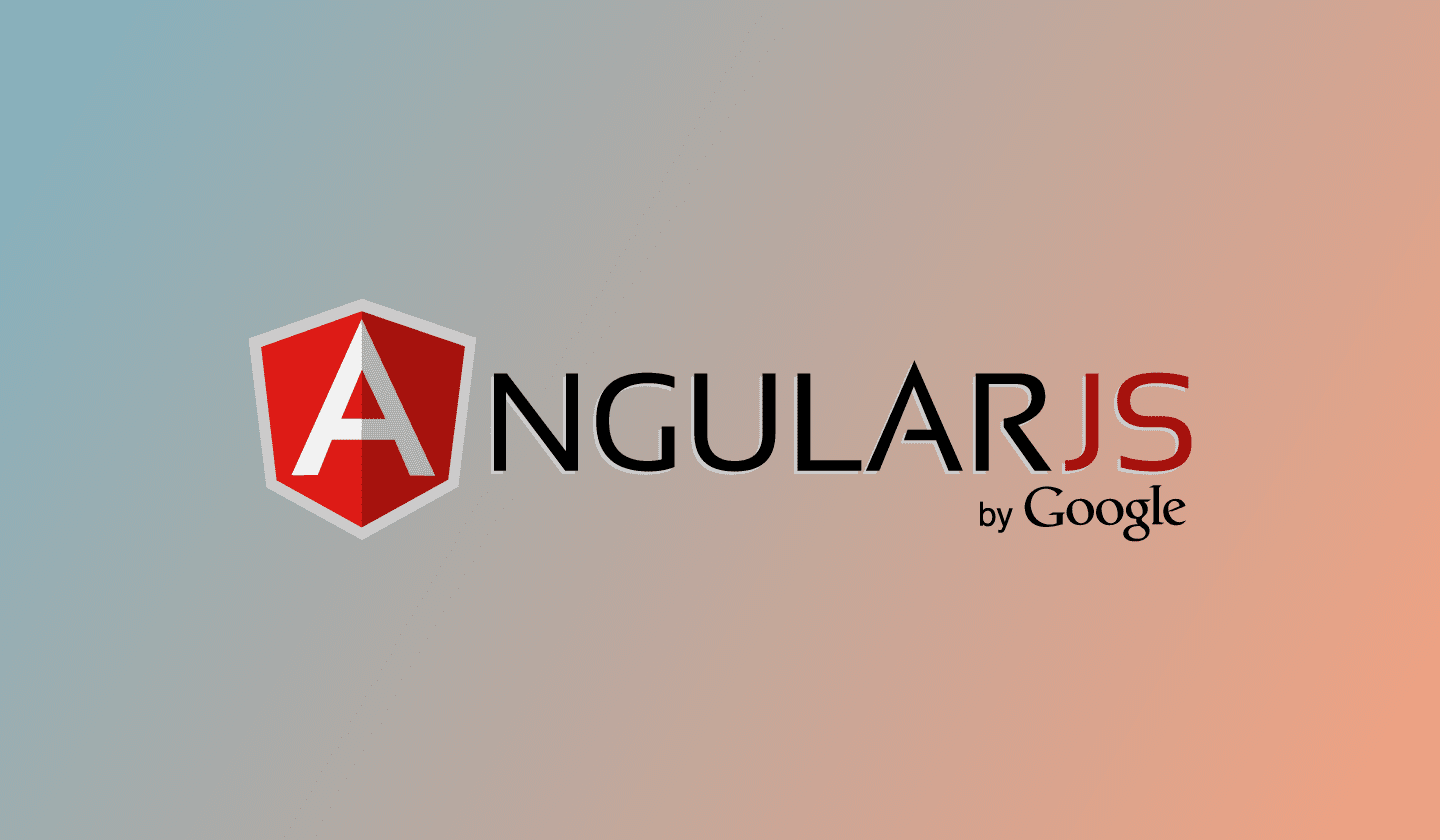Angular
In the world of web development, Angular shines as a robust and flexible framework for crafting dynamic, interactive web applications. Whether you’re a seasoned coder or just embarking on your programming journey, mastering Angular can be a game-changer for your web projects. Let’s delve into what makes Angular exceptional and how it can empower you to create exceptional web experiences.
Understanding Angular:
Angular, an open-source JavaScript framework maintained by Google, is engineered to streamline web development. It offers a structured framework for constructing single-page applications (SPAs) and dynamic web content. Angular adheres to the Model-View-Controller (MVC) architectural pattern, effectively separating an application’s concerns and enhancing its manageability and maintainability.
Key Features and Benefits:
- Component-Based: Angular promotes the development of web applications as an assembly of reusable components. This approach simplifies maintenance and facilitates scalability.
- Two-Way Data Binding: Angular’s two-way data binding ensures that alterations in the user interface instantly reflect changes in the underlying data and vice versa, reducing the need for manual updates.
- Dependency Injection: Angular’s dependency injection system streamlines component management and the handling of their dependencies. This fosters code modularity and testability.
- Robust Ecosystem: It boasts a thriving ecosystem of libraries, tools, and extensions. These resources simplify complex tasks like routing, forms management, and animation integration.
- Cross-Platform: It enables the creation of web applications that seamlessly operate on both desktop and mobile devices.
Getting Started:
To initiate your Angular journey, consider starting with a tutorial that covers everything from installation to constructing your initial application. Installing Angular is a straightforward process, and once you’re up and running, you’ll discover a wealth of resources and a supportive community to guide your development endeavors.
Angular’s true strength lies in its ability to effortlessly craft dynamic and captivating web applications. As you delve deeper into this framework, you’ll unlock its full potential for building modern web experiences that captivate users and provide exceptional value.
Angular 16 Template-Driven Forms: A Comprehensive Exploration
In the ever-evolving world of web development, staying up-to-date with the latest tools and frameworks is crucial. Angular has long been a favorite among developers for its powerful features and flexibility. Angular 16 Template-Driven Forms provide a straightforward way to handle form input and validation in your web applications. In this guide, we’ll explore how […]
Install angular
“Easily Install Angular and Unlock the Power of Web Development!” Angular is a powerful JavaScript framework used to create dynamic web applications. It is an open-source framework maintained by Google and a community of individual developers and corporations. Angular is a great choice for developing single-page applications as it provides a structured approach to building […]
Best Improve Angular 16 Form Validation
In the ever-evolving realm of web development, staying ahead of the curve is essential to creating exceptional user experiences. Angular, a robust and widely used front-end framework, has now reached its 16th version, bringing with it a plethora of enhancements. One critical area of improvement is “Angular 16 Form Validation” Angular 16 Form Validation Approaches […]
Tutorial Angular ng-controller replaced by Angular components
In Angular, there is no ng-controller directive. The concept of controllers was used in AngularJS, the predecessor of Angular. In the Angular, ng-controllers have been replaced by components. In Angular, components are the building blocks of your application. They encapsulate the view (HTML), logic, and data associated with a particular part of your application’s user […]
Introduction to AngularJS: A Comprehensive Guide
AngularJS is a popular open-source JavaScript framework developed by Google. Designed to make front-end web development more efficient, AngularJS allows developers to create dynamic, single-page web applications (SPAs) with ease. By extending HTML with additional attributes and binding data directly to the DOM, Angular JS revolutionizes the way developers build and manage web applications. What […]




